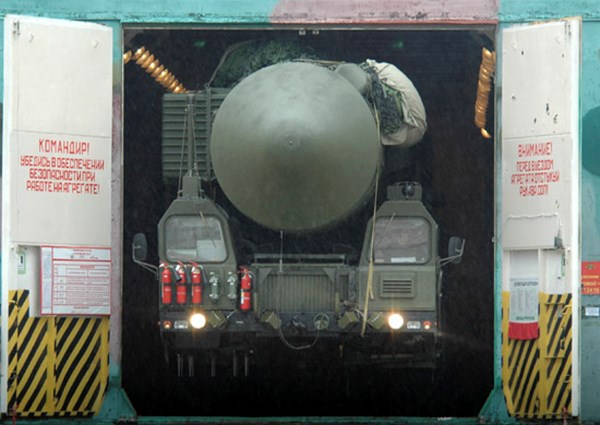Russia’s struggles with Sarmat nuclear missile: failures reveal dependence on Ukrainian components
Despite numerous attempts, Russia struggles to bring its strategic nuclear missile system "Sarmat" to operational status. Military analyst Konstantin Mashovets views a recent failed test as evidence that the Kremlin cannot manage without Ukrainian components.
The latest attempt by the Kremlin to flaunt its "nuclear prowess" ended in embarrassment. The RS-28, commonly known as "Sarmat," is Russia's new state-of-the-art silo-based strategic missile system. But another test launch from the Plesetsk area has ended, once again, less than favorably.
The Kremlin views the Sarmat as the heir to the aging Soviet R-36M, globally known under U.S. and NATO classification as SS-18 mod 1,2,3 "Satan," and in Russia as "Satan." This legacy system is the backbone of Russia's strategic nuclear forces to this day.
The "Satan" missile was developed by the Ukrainian design bureau Yuzhnoye and manufactured by Yuzhmash in Dnipro. The control systems were crafted in Kharkiv by "Khartron." With the deterioration of Russia-Ukraine relations, service and prolongation efforts for these systems have long ceased, following a 2023 decision by the Cabinet of Ministers of Ukraine to officially halt such cooperation, although practical work stopped even earlier.
This urgency to replace the "conditionally Ukrainian" Satan with Russia's homegrown "Sarmat" underscores the challenges Moscow faces. The testing history of the Sarmat missile, to put it lightly, has been "reputationally unsuccessful," and the most recent attempt from Plesetsk has only added to the woes.
Concerns about the technical state of Russia's strategic nuclear forces, particularly its silo-based components, are justified. Serious questions arise about the real operational readiness of these forces.
Russia's standing in the global geopolitical arena is indeed shifting, and its deteriorating "nuclear argument" is a critical factor in this decline.
The perception of Russia's "greatness" stands on increasingly shaky ground.
